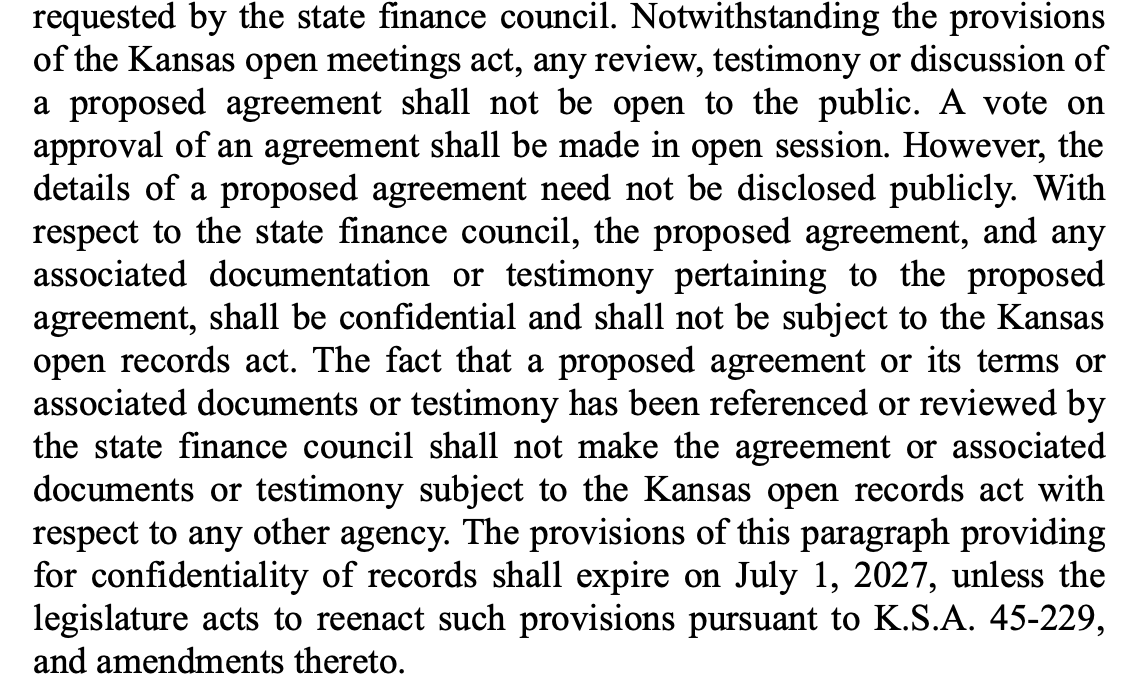Amazon's Secret Utility Discount
PLUS: Come to a virtual event on combating secret subsidy deals.

This is Boondoggle, the newsletter about corporations ripping off our states, cities, and communities. If you’re not currently a subscriber, please click the green button below to sign up. Thanks!
The Niagara, New York, town council this week approved a plan that will allow Amazon to build a new distribution center there. Amazon has requested about $123 million in tax breaks from the local economic development agency — which in New York State is known as the IDA, for industrial development agency. Those handouts will be decided on some future date, and will likely sail through, if previous Amazon-IDA negotiations are any indication.
But there’s more. Amazon also may have applied for a discount on the new facility’s power, but the relevant governing body — the New York Power Authority (NYPA) — refuses to either confirm or deny if Amazon submitted an application.
This is the latest example of a troubling trend: Noncompliance with public records law, in order to hide details of corporate subsidy deals.
“The response from the power authority is not one that is recognized as an appropriate response under the New York State Freedom of Information Law,” Paul Wolf, an attorney and president of the New York Coalition for Open Government, told the Niagara Gazette. “Whether an application has been made by Amazon or not should not be treated as if it is a top secret matter.”
Specifically, courts have ruled that local officials in New York can only use the old “refuse to confirm or deny” gambit in very limited circumstances, which don’t apply to an application for utility discounts.
The Niagara Gazette editorial board characterized the NYPA’s response as “a deliberate and cynical attempt to keep the public from knowing whether a large corporation is seeking a break on its power costs, a sweetheart deal for a large corporation that could result in Amazon’s defrayed utility payments being shifted onto regular ratepayers.”
Indeed, whether or not Amazon is getting a rake-off on its utility costs is very relevant because that rake-off is itself a subsidy, and needs to be added to the total cost of the deal — which hasn’t fully been approved yet, so there’s still time for the public to get some sort of say.
As I wrote in this report, abuse and misuse of public records law to benefit corporations happens too frequently. For example, in 2020, a judge in South Carolina ruled that the state’s Commerce Department had violated state open records law by refusing to release basic information on how much the state was providing in financial support to corporations and what data it used to analyze whether or not those deals would provide economic benefits.
Worse, though, is when exemptions are specifically baked into individual corporate subsidy deal. A recent example was flagged by friend of the newsletter Lee White this week.
Panasonic announced last week that it will be building a new electric vehicle battery facility in Johnson County, Kansas, for which it will receive about $829 million in state subsidies. The announcement is the culmination of the secret negotiations — during which officials in two states bound themselves with nondisclosure agreements — that I outlined here.
The law authorizing that Panasonic deal includes an exemption to Kansas open records law that is in effect until 2027. Here’s the relevant section:
I wrote about this same sort of exemption in a deal Tennessee made with Ford.
Open records law can, of course, be very useful in combating corporate handouts — and in general is meant to foster open government and community engagement — but only if it applies to those handouts, and only if the officials who fulfill those requests know what they’re doing. And the whole point is obviously undermined if individual exemptions are put into individual deals.
I obviously can’t get in the heads of the local officials who write those exemptions or vote for them, but their actions are likely part and parcel of the larger erroneous belief that states and localities need to allow corporate leaders to extract public resources in the name of economic development. Once you’ve swallowed that concept, a public records law exemption probably doesn’t seem like that big a deal.
Similarly, I don’t know if the New York Power Authority is refusing to talk about Amazon’s potential power discount in Niagara due to malice or incompetence, but either way some very important information about a local deal is being withheld from the public that should absolutely bear on whether that deal is officially completed.
🚨🚨 SECRET SUBSIDY DEAL EVENT 🚨🚨: Speaking of, my colleagues and I at the American Economic Liberties Project are hosting a great virtual event at 1:00 p.m. EST on July 28 on how to spot and stop secret deals.
You’ll hear from three fantastic lawmakers — New York State Sen. Michael Gianaris, Oklahoma State Rep. Collin Walke, and Florida State Rep. Anna Eskamani — as well as community leaders who have fought against corporate secrecy. Finally, me and some friends from Good Jobs First and the Center for Economic Accountability will lead a quick tutorial on tactics you can use, as a normal community member, to combat secret deals.
ONE MORE THING: I can’t recommend enough this piece by Julia Rock at The Lever on how semiconductor manufacturer Intel is using the state-level subsidy deal it cut with Ohio to leverage billions more in few-strings-attached subsidies out of the federal government. Read it here.
Thanks for reading this edition of Boondoggle. If you liked it, please take a moment to click the little heart under the headline or below. And forward it to friends, family, or neighbors using the green buttons. Every click and share really helps.
If you don’t subscribe already and you’d like to sign up, just click below.
Thanks again!
— Pat Garofalo



